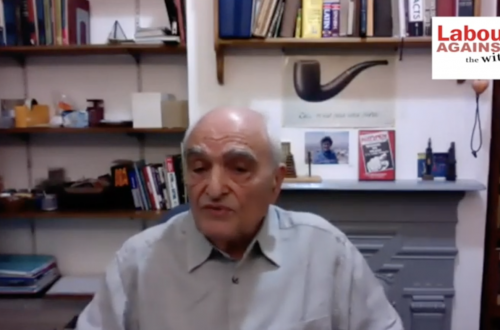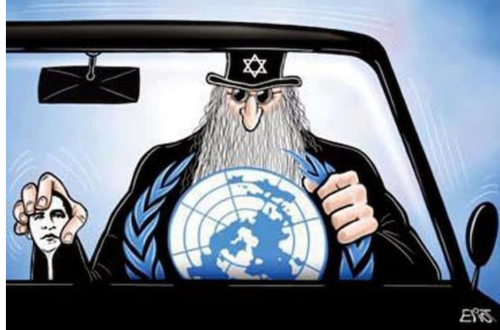by Alan Johnson
Editor of Fathom
This conflict underscores the need for a two states for two peoples’ solution. In the long term, that solution might well be an existential need, no less, for both Israelis and Palestinians. Everybody (the two parties, the international community, global civil society) must start urgently and practically supporting the moderates on both sides who seek that solution and isolating – not cheering on, as much of global civil society does – the extremists who do not support that solution. Even if a final agreement is not in reach today, the dynamics between the parties must change and very soon.
Talk of other solutions (the one state kumbayaism of parts of the left, the one state annexationism of parts of the right, the PSC form of one statism that is nothing more than camouflage for the conquest of Israel and the eventual creation of yet another Arab state in which the Jews would have to take their chances) – all of these are nothing but flights from the bloody difficult work of mutual recognition and dividing the land. (Besides, anything but two states for two peoples denies the desire for national self-determination of one or other people, so it is wrong in principle.)
Eventually, maybe a generation or two after a two state reality is created, much more than peace is possible: porous borders, economic ties – nay, an economic powerhouse as Israeli high-tech meets Palestinian entrepreneurialism – and cultural exchanges. There is nothing ‘soft’ or ‘naive’ about holding out that vision : it can still energise and it provides a political horizon that puts current difficulties into perspective.
For now, it is more important to begin practical steps to create a two state reality on the ground, to restore hope, and to begin rebuilding trust than it is to seek the White House lawn, flashbulbs popping, signing ceremony moment. (so, for example, freeze settlement building outside the blocs, open up Area C, continue security cooperation between PA and IDF, stop the terror, the hate education and the culture of incitement, an internationally supported ‘reconstruction for demilitarisation’ policy for Gaza. In short, avoid unilateral steps that point away from two states for two peoples, take steps in a coordinated way that take us closer to that solution.
That’s how I see it.


